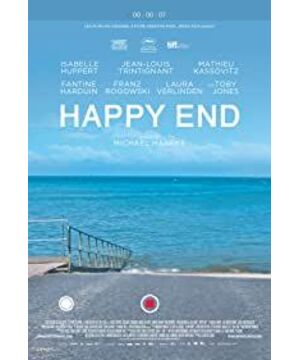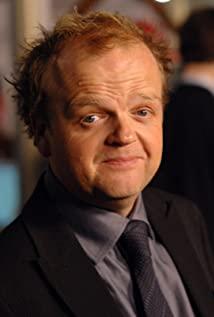1. The capitalism criticized by Buñuel and Chabrot is the capitalism of the nineteenth century, and the object of Hanneke’s criticism has now entered the capitalist society of the twentieth century—the enemy of the former is very familiar to us, that is, the capitalists , the difference between the different social strata of the latter has disappeared, and all people share an inhuman sense of impotence. If something goes wrong in the capitalist society after the twentieth century, the disaster must be shared by all. It can be said that in Happy End (2017), Hannek is not concerned with the situation of a certain class, but given that the world cares enough about the working class, this time he focuses his human observations on a hopeless high-end middle class Three generations in the family, and the average person has not yet experienced a real bourgeois inner breakdown, and just feels unable to identify with this bizarre family. Fromm's Struggles of Reason (The Sane Society, 1955) describes it this way:
Looking at the social character of the nineteenth century, we can say that it was essentially competitive, hoarding, exploitative, authoritative, aggressive, and personal. …In the capitalist society of the twentieth century, exploitation and hoarding have been removed, replaced by acceptance and sales; competition has been removed, replaced by a growing trend towards “collaborative work”; efforts to permanently increase profitability have been removed , replaced by the hope of a firm and secure income; removed from exploitation, replaced by sharing and dissemination of wealth; removed from public authority, reasonable and unreasonable, replaced by anonymous authority—the authority of public opinion and the market; Gone is the sense of pride and conquest, replaced by a growing but unconscious sense of impotence. 2. The surface of the story is very fragmented, but in such fragmented scenes, we have a very clear grasp of each character - this proves the director's skill. Regarding the helplessness, vulnerability, hesitation, and alienation of people in modern Western civilization, the story is characterized by occupational disasters to various mental illnesses (obviously such as depression, hidden such as loss of love and will to live), so that it cannot bear to criticize each character. Cruel and indifferent behavior because we sympathize with why they are the way they are. However, among them, I felt the most difficult situation in Isabelle Yubei. 3. A happy ending is the eternal pursuit of human beings, even if it is only a temporary illusion of consolation, does anyone want to witness the old man's top? 4. If it wasn't for the news of Fu Daren's application for euthanasia in Switzerland, Taiwanese would not understand why the old man in the movie said that he was "rejected by Zurich" because he was too healthy when he asked the barber for help. 5. Suicide and homicide in the movie are two completely different things than love (Amour, 2012). The so-called happy ending in the general media is the sequel of love, and it is a cheap cognition in form. It would be very appalling to forget about the love story, not to use it as a reason for understanding the behavior of the old man, and to simply say what the old man and the little girl said in the study: they explained to each other the process of how to kill. Especially when the old man repeatedly asked why the little girl was giving medicine to the children in the summer camp, the girl said, "I don't know." At this time, the old man showed an ambiguous smile, which was too scary! Fromm has a description of the basic needs of people, including the needs of transcendence:
If I cannot create life, at least I can destroy life, and destroying life is beyond creating life. . . . Destruction is a secondary potentiality that exists as long as man exists, and his power is the same as that of any passion. But destructiveness is the only substitute for creativity. Creation and destruction, love and hate, are not two independent instincts, but two answers to this human need for transcendence.
View more about Happy End reviews











